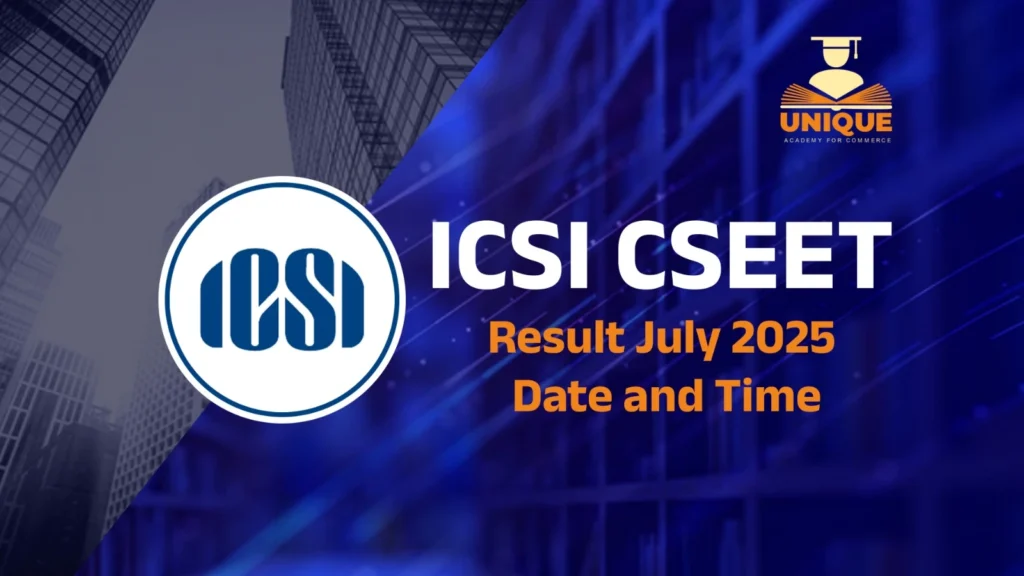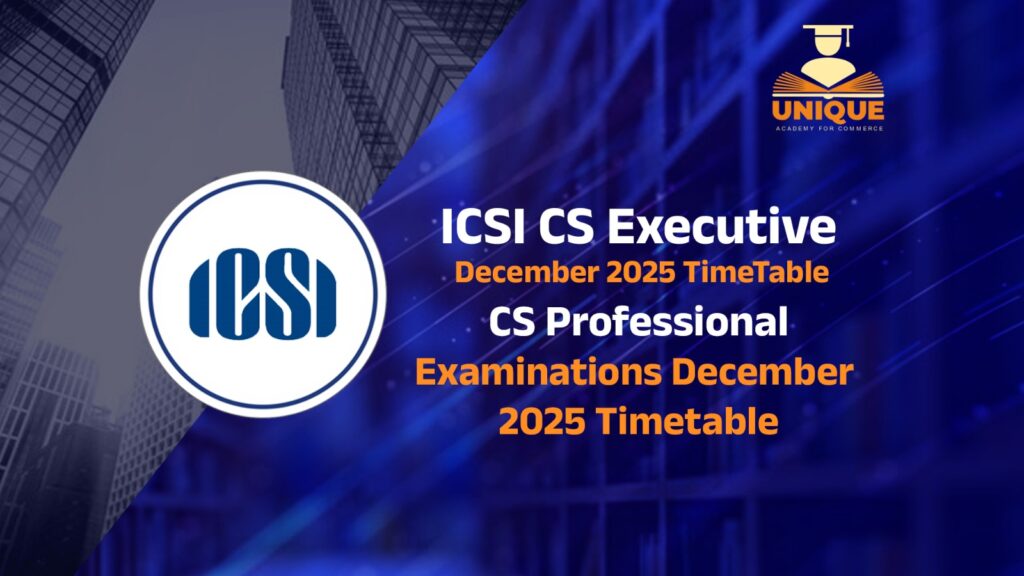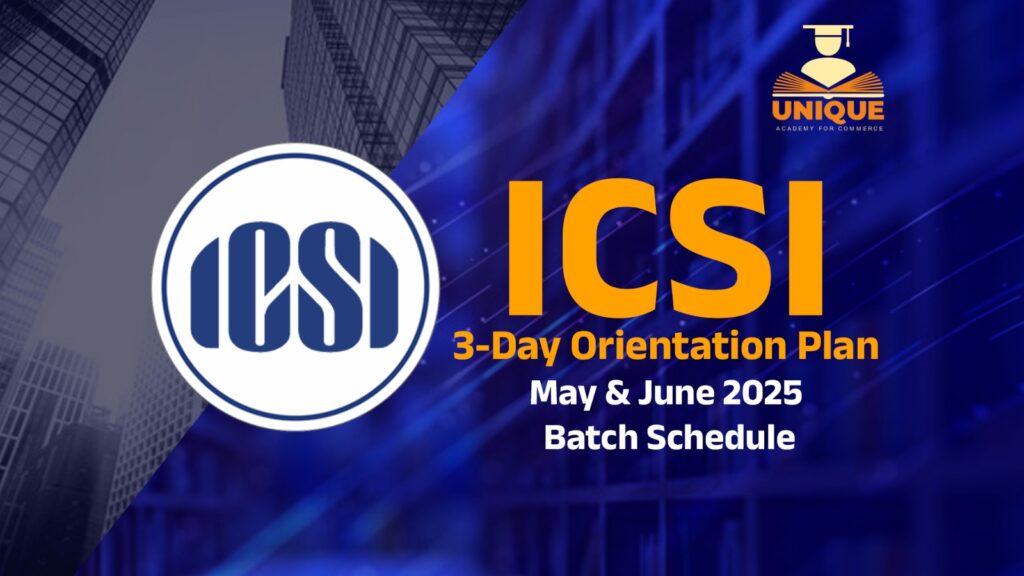CS Executive CMA Important Chapters | Corporate Management Accounting

CS Executive Costing Important Chapters Preparing for CS Executive does not seem easy for the students even though 6 out of 8 subjects of Executive level are law subjects. CS Executive is basically the intermediate level of the Company Secretaries Course by ICSI.

Part I : To provide knowledge and understanding of the concepts, principles and practices in Corporate Accounting and Indian and International Accounting Standards.
Part II: To acquire knowledge and understanding of the concepts, techniques and practices of management accounting and to develop skills for decision-making and to acquire knowledge of the concepts, principles and methods of valuation.
PART I
CORPORATE ACCOUNTING (60 MARKS)
Detailed Contents
- Introduction to Financial Accounting.
- Introduction to Corporate Accounting : Records of accounts to be maintained by a company.
- Accounting for Share Capital : Issue of Shares; Forfeiture and Reissue of Shares, Accounting
Treatment of Premium, Buy-back of Shares; Redemption and Conversion; Capital Redemption Reserve,
Bonus Shares; Rights Issue, ESOPs, ESPS, Sweat Equity Shares; and Underwriting; Book Building. - Accounting for Debentures : Accounting Treatment, Debenture Redemption Reserve, Redemption of
Debentures and Conversion of Debentures into Shares. Deferred Tax. - Related Aspects of Company Accounts : Accounting for ESOP, Buy-back, Equity Shares with
differential rights, Underwriting and Debentures. - Financial Statements Interpretation: Preparation and Presentation of Financial Statements; Quarterly,
Halfyearly and Annual Financial Statement pursuant to Listing Regulations;Depreciation provisions and
Reserves; Determination of Managerial Remuneration, Corporate Social Responsibility spend, various
disclosures under the Companies Act, 2013, LODR & applicable accounting standards; Related party
and segment reporting, Audit Queries; How to Read and interpret Financial Statements. - Consolidation of Accounts as per Companies Act, 2013 : Holding Company, Subsidiary Companies,
Associate Companies and Joint Venture; Accounting Treatment and disclosures. - Corporate Financial Reporting : Requirements of Corporate Reporting; Recent trends in Financial
Reporting.
ix - Cash Flow Statements : Preparation and their analysis.
- Accounting Standards (AS) : Applicability, Interpretation, Scope and Compliance; International
Financial Reporting Standards ; Overview of AS, AS vs. Ind AS vs. IFRS. - National and International Accounting Authorities.
- Adoption, Convergence and Interpretation of International Financial Reporting Standards (IFRS)
and Accounting Standards in India.
Case Studies & Practical Aspects.
PART II
MANAGEMENT ACCOUNTING AND VALUATION (40 MARKS)
- An Overview of Cost: Importance and relevance of Cost Accounting Material Cost, Labour Cost,
Direct Expenses and Overheads, Cost Sheet. - Cost Accounting Records & Cost Audit under Companies Act, 2013.
- Budget, Budgeting and Budgetary Control: Preparation of various types of Budgets; Budgetary
Control System; Zero Based Budgeting; Performance Budgeting. - Ratio Analysis: Financial Analysis through Ratios.
- Management Reporting (Management Information Systems).
- Decision Making Tools: Marginal Costing; Transfer Pricing.
- Valuation Principles & Framework: Conceptual Framework of Valuation, Valuation rules; Valuation
of securities or financial assets; Approaches of Valuation – Assets Approach, Income Approach; Market
Approach; Registered Valuer; IND AS Valuation. - Valuation of Shares, Business and Intangible Assets: Regulatory Valuations; Companies Act;
Insolvency and Bankruptcy Code; Income Tax Act; SEBI law; FEMA and RBI guidelines. - Accounting for Share-Based Payments (Ind AS 102).
- Methods of Valuation: Net Assets Valuation: Relative Valuation (Comparable Companies/
Transactions); Discounted Cash Flow Valuation; Other Methods.
Case Studies & Practical Aspects.
CS Executive CMA Video Lecture
Best CS Executive CMA Video Lectures

Prof. Ashish Parikh
Complete CMA Video Lecture
















